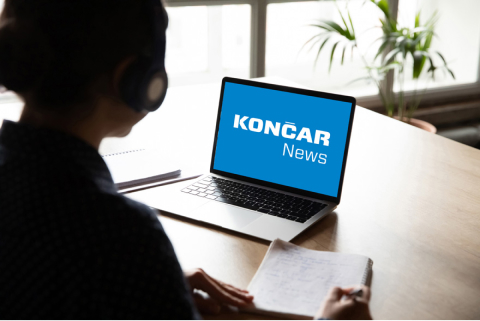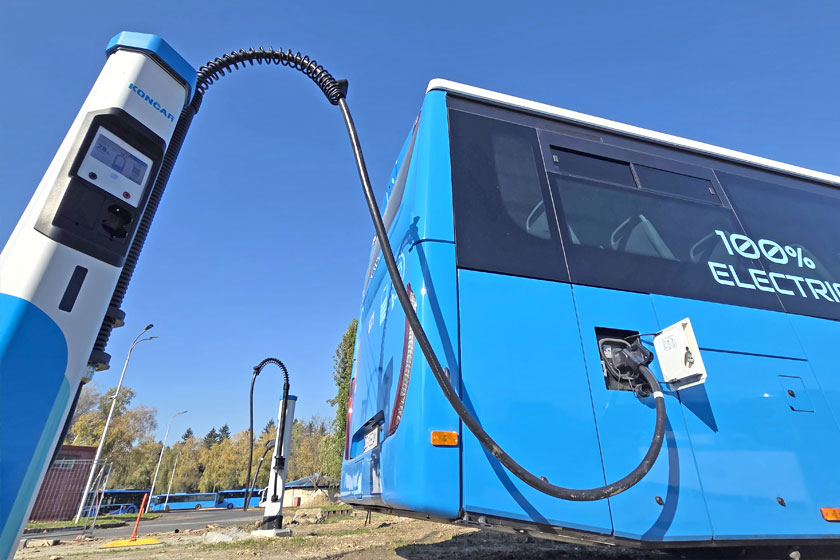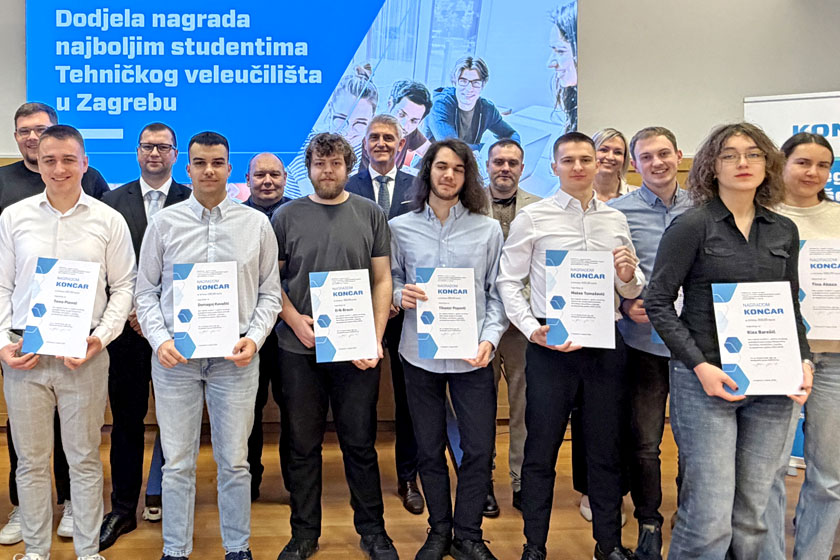Advancing sustainability at the 4th ESG Conference “Sustainable Future”
On 15 May 2025, Lider hosted the 4th ESG Conference “Sustainable Future,” bringing together leading voices to explore how companies can advance sustainable development while meeting the demands of evolving regulations, directives, and guidelines. The conference provided actionable insights into developing and strengthening sustainability reporting systems, fully aligned with the latest European regulatory framework (CSRD), European Sustainability Reporting Standards (ESRS), as well as the Accounting Act and Audit Act.
Continuing its tradition, KONČAR proudly served as the official sponsor of this year’s Sustainable Future ESG Conference. Our Head of Sustainable Business, Kristina Mumić, enriched the conference programme by joining the panel discussion “Reporting practices – insights from experience.” During the panel, Ms. Mumić highlighted the main challenges of sustainability reporting, stressing that “it is vital for a company to first define what sustainability means for its operations and then dedicate the necessary resources accordingly.”
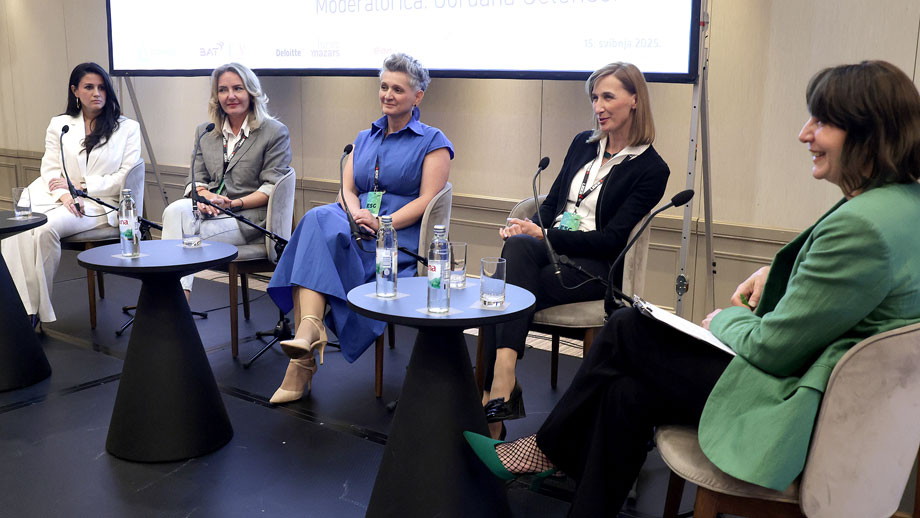
She further underscored that “collecting data is only the starting point – true value lies in applying domain expertise and developing a deep understanding of the ESRS standards, which themselves must be continuously improved and simplified.” As she explained, „we don’t just gather data; we seek to understand its significance so we can clearly convey to our employees what is expected of them.”
A significant challenge highlighted by KONČAR was the standardization of data collection across the Group’s extensive and diverse operations. KONČAR’s portfolio spans a wide range of products, from trains and trams to software solutions, positioning the company as a leader of the green transition in this part of Europe. However, this diversity can at times present additional complexities when reporting under the ESRS standards. “KONČAR leads the green transition not only through its sustainable products and solutions but also by proactively fostering that shift“, said Kristina Mumić. “The data we gather reflects the diversity of the systems in which we operate. Our next major step will be the digitalization of our data collection processes.“
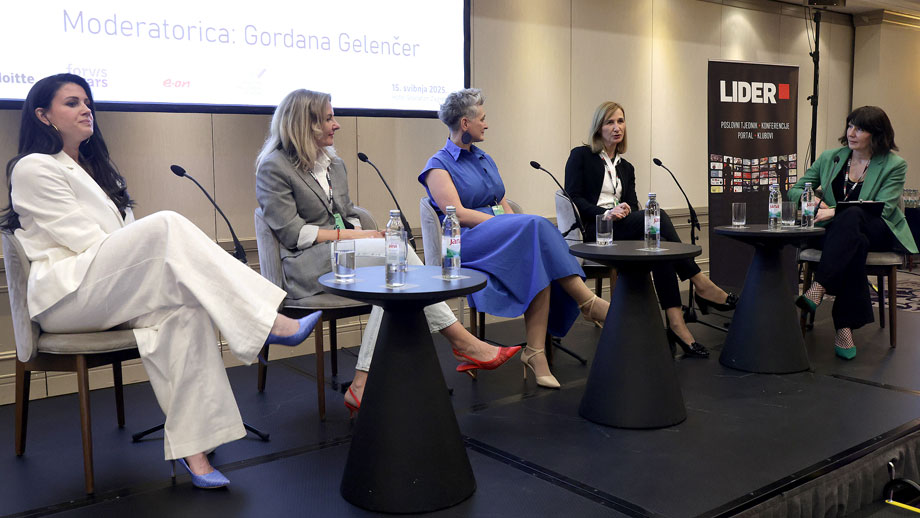
Addressing the proposed Omnibus amendments, Mumić noted that KONČAR welcomes these changes, as they will ease reporting obligations for the company’s smaller suppliers, for whom the process has been particularly demanding. For KONČAR, the Omnibus will not bring significant changes, as our obligations remain unchanged. Finally, Mumić acknowledged the exceptional effort, expertise, and resources contributed by employees across the Group who played a vital role in the reporting project.
The panel wrapped up with several key conclusions for advancing sustainability reporting and action. First, companies must ensure they fully understand sustainability regulations, as this is an area where ambiguity or gaps in procedures and standards cannot be tolerated. Second, timely preparation is critical as organizations need to invest in building internal capacity by allocating experts, dedicated time, and specialized teams that can address sustainability comprehensively. Finally, companies should move beyond simply delivering quantitative and qualitative reports. Instead, they are encouraged to adopt an action and reaction approach: proactively developing sustainability initiatives, responding effectively to potential risks, and then reporting on the outcomes as part of the complex process of preparing the sustainability report.
